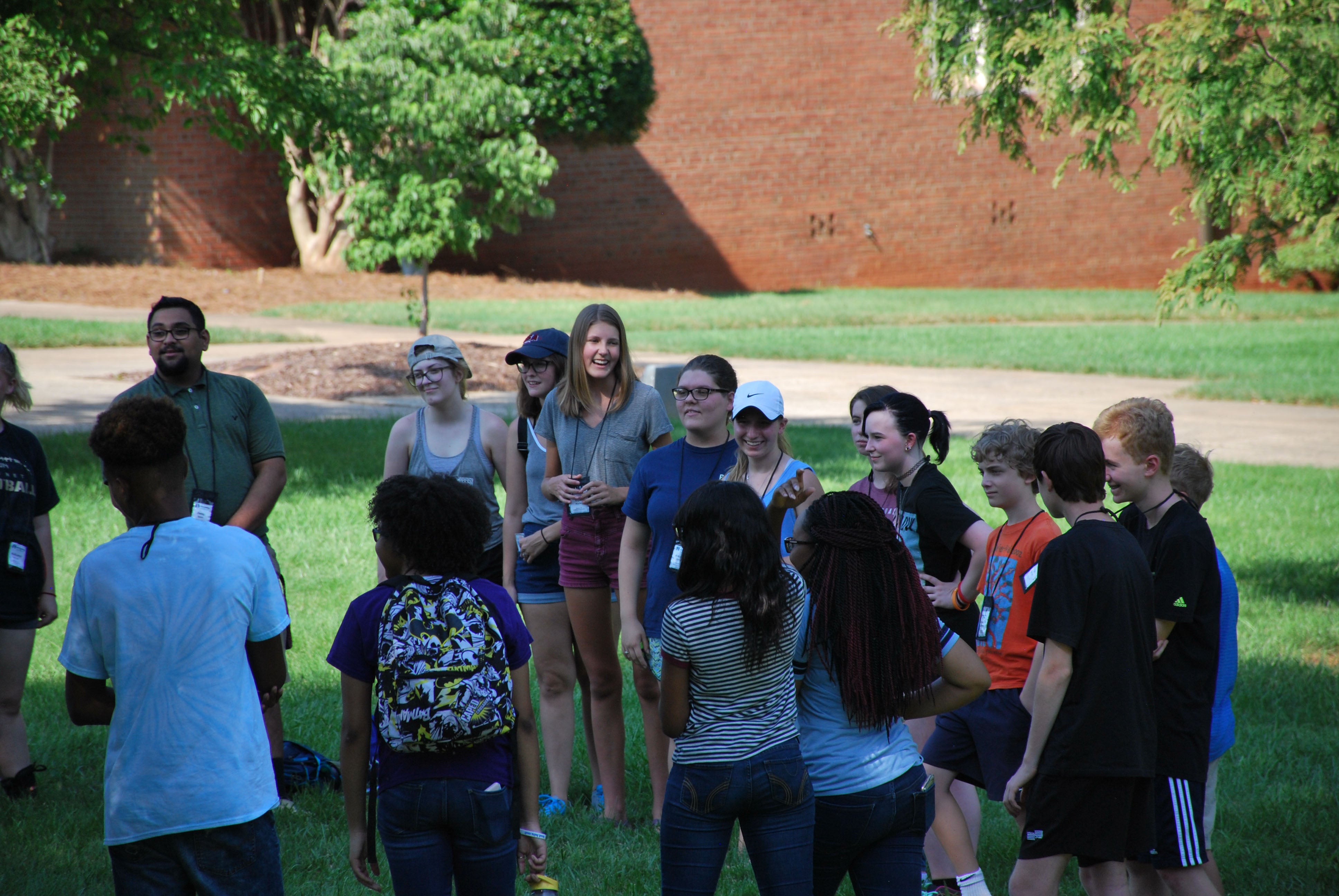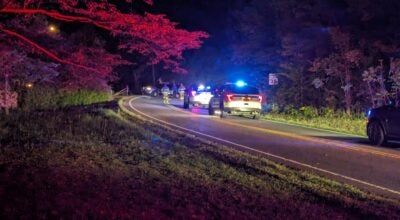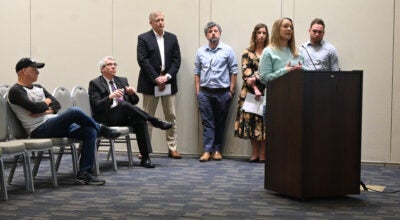Center for Environment at Catawba College holds National Environmental Summit
Published 12:00 am Thursday, July 13, 2017

- This week the Center for the Environment at Catawba is hosting the National Environmental Summit for High School Students for the seventh consecutive year. Submitted photo
SALISBURY — Three national organizations have joined the Center for the Environment and Catawba College professors this week on the Catawba campus for the seventh National Environmental Summit for High School Students.
Professionals from Rocky Mountain Institute of Colorado, Environmental Working Group of Washington and Yellowstone Forever of Yellowstone National Park are offering instruction and guidance to students who are learning what it takes to become effective environmental leaders.
“We are very fortunate to have such talented professionals offering their expertise at this summit,” says Dr. John Wear, executive director of the Center for the Environment. “Their enthusiasm mirrors the enthusiasm of the students, who are often transformed by the experience.”
A significant part of the summit centers on focus groups that encourage students to immerse themselves in a particular subject area and discover how their talents and passions can contribute to environmental causes.
The groups are led by veteran Catawba educators:
• Norris Feeney, assistant professor of politics, is exploring the historical role of water resources in warfare and recent examples of international cooperation aimed at reducing the likelihood that water will lead to war in the near future. His session is called “Water Wars?”
• Joe Poston, associate professor of biology, is leading students in the study of wild vertebrate populations in the Fred Stanback Ecological Preserve in the focus group, “A Backbone for Conservation.”
• Elizabeth Homan, professor of theater arts, is helping students explore themselves as microcosms of the world and examine how practicing mindfulness can help people become better stewards of the environment. Her group is called “Learning to Pay Attention: Yoga, Mindfulness and Our Environment.”
• Finally, Lisa Wear, an adjunct professor in Catawba’s Environment and Sustainability program, is leading “TRACE: Wildlife Forensics,” which will allow students to design their own systems to collect and identify organisms in the Stanback Preserve. Using laboratory and field analysis, they will be able to answer investigative questions.




